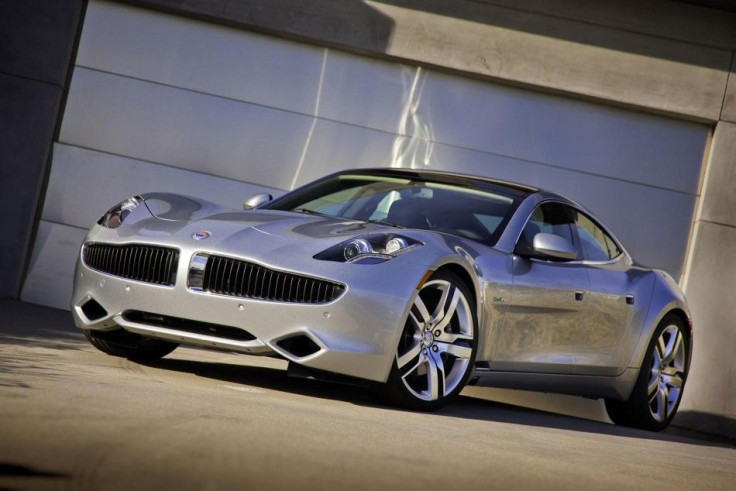
Last week, NHTSA launched a formal inquiry regarding a Texas garage fire involving a Fisker Karma sedan. Sending a team of investigators to inspect the May 3 garage fire in Sugarland, Texas that destroyed multiple vehicles, the cause and origin of the fire has yet to be confirmed.
According to agency director Claude Harris, "We are conducting an ongoing field inquiry for an EV incident in Texas. We are still engaged in that activity, and no determination has been made at this time."
Countering NHTSA's concern, Fiskar company spokesperson Roger Ormisher claimed the investigation was a routine inquiry. "The lithium-ion battery of the Fisker Karma was fully intact after the fire and has been tested and is in full working condition. Currently, the precise ignition source and cause of the garage fire is still to be determined," Ormisher said. "We also understand that the officials looked at other vehicles involved in the fire too."
A series of lithium-ion battery-related defects have caused the National Highway Traffic Safety Administration to be especially aware of anamolies that occur around electric vehicles. Other investigations involving electric vehicles include last year's Chevrolet Volt fire that occured three weeks after the vehicle performed an agency performed crash test.
What's more, this isn't the $103,000 Fisker Karma plug-in electric sedan's first encounter with controversy either. Shortly after the car launched, a recall was announced regarding defective battery packs supplied by A123 Systems. According to Fisker, the Karma involved in the Texas fire was purchased after the battery recall. Fisker also confirmed that the battery was not being charged at the time of the fire, making the Karma the origin of the fire even more unlikely.




